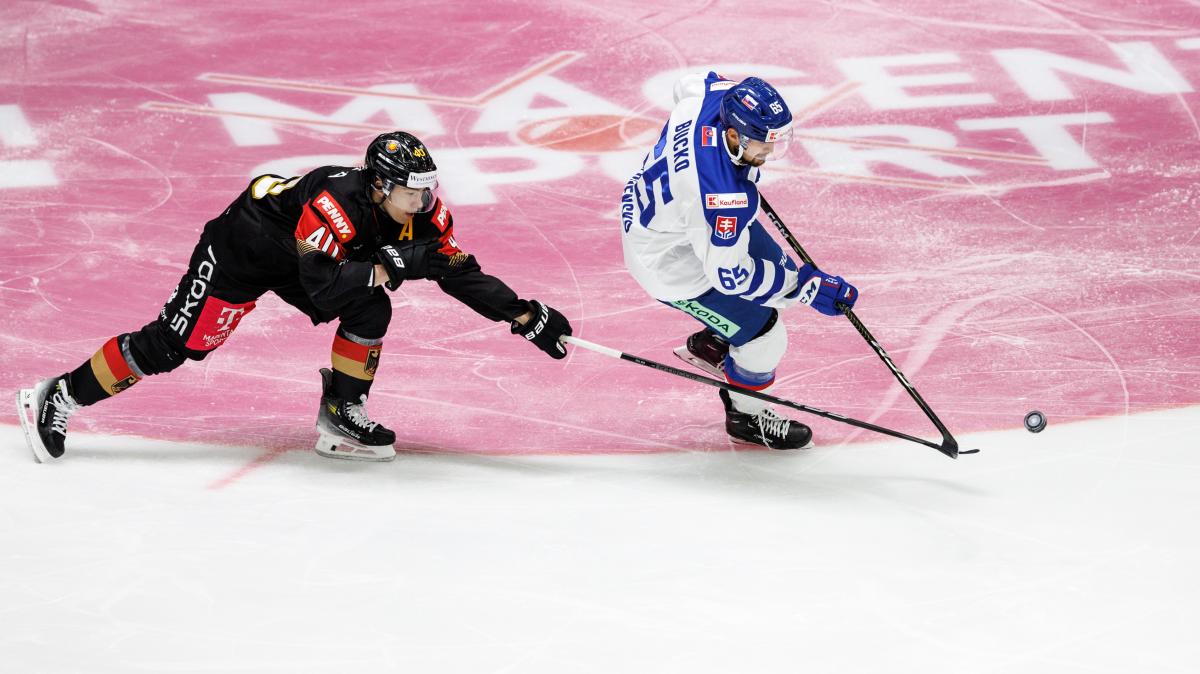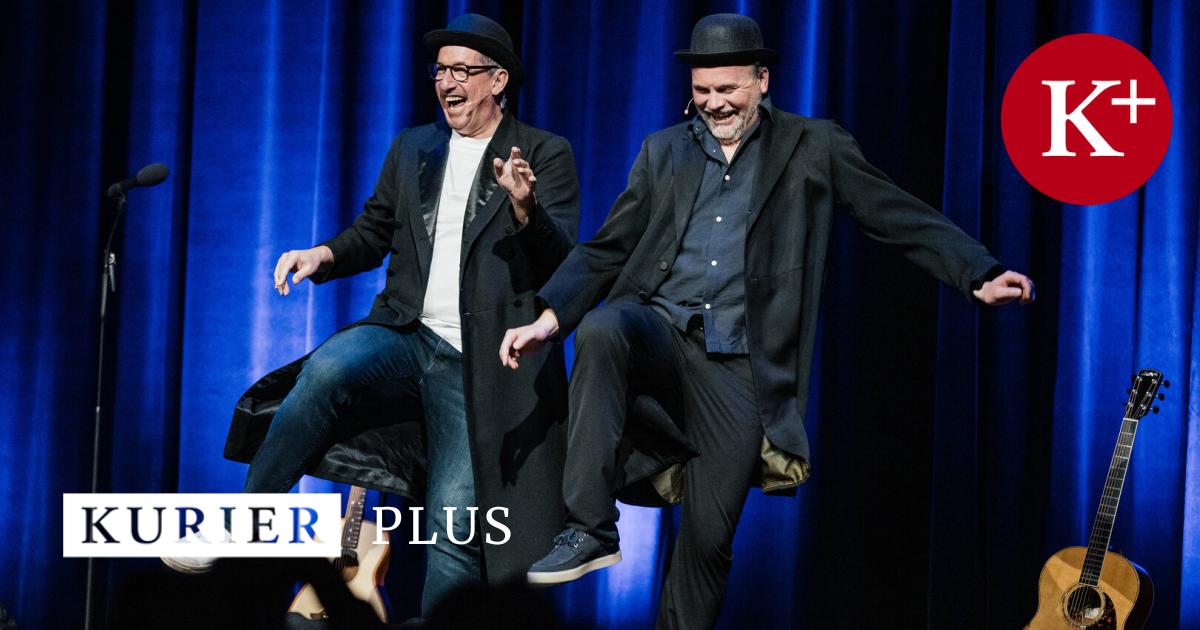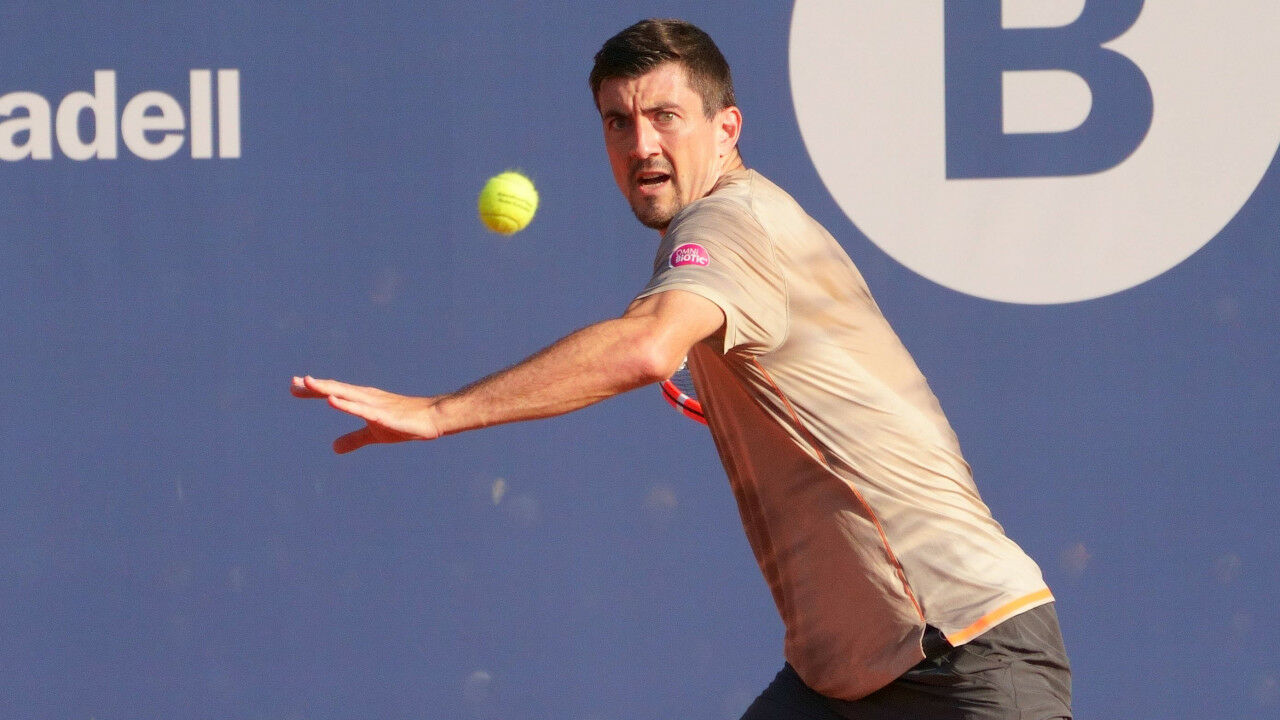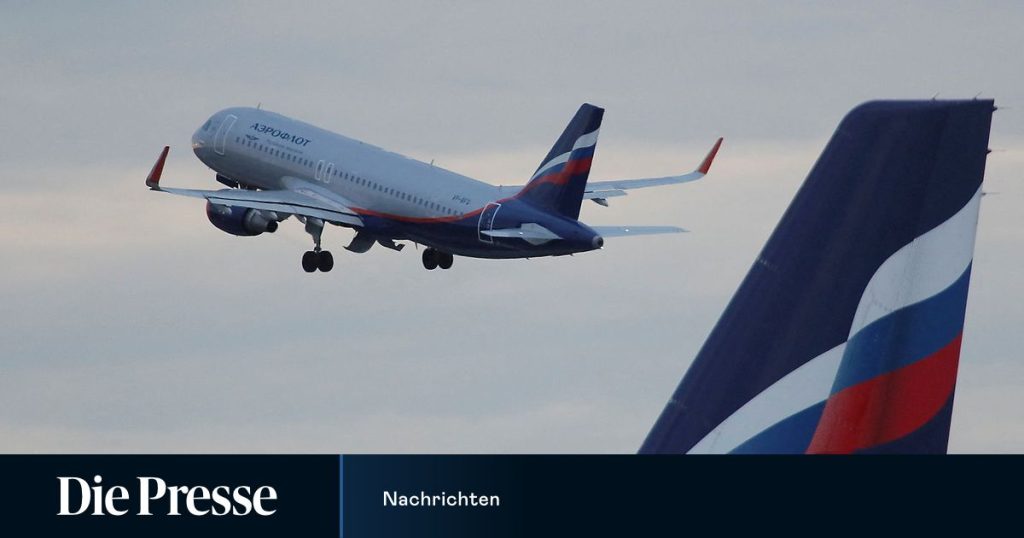More and more EU countries are blocking Russia’s airspace. Many airlines no longer want to use Russian airspace at the moment. Moscow is reacting to the air embargo of many European Union countries.
From Sunday, 3:00 pm, Austria will close its airspace to Russian aircraft. The federal government decided on Sunday. “We are doing everything in our power to show Vladimir Putin that we do not accept his military invasion of Ukraine. The ban on the overflights and landings of Russian planes is another measure that represents a clear response to Putin’s violations of international law,” Chancellor Karl Nehamer stressed. (ÖVP).
“We work here in harmony and in coordination with many other European countries,” Nahamer added. Ostro Control has been instructed to close Austrian airspace to Russian aircraft from 3:00 p.m. Climate Protection Minister Leonor Gosler (Greens) explained. “We have always said very clearly: We will respond to the Russian invasion with firmness and firmness. Closing the airspace is an important part of that response,” Geusler said.
Aircraft registered in Russia, owned or leased by Russian citizens, will not be allowed to enter Austrian airspace or land at Austrian airports. The only exceptions to this are emergency situations and flights with the express approval of the Department of Climate Protection.
Other EU countries announce closures
Several countries in the European Union have previously imposed a similar ban. Germany, Italy, the Netherlands, Belgium, Ireland and France also closed their airspace to Russia on Sunday. The German Ministry of Transport announced that the regulation will apply from Sunday, 3 pm, and for an initial period of three months. The Italian government decided to take the step on Sunday, according to Prime Minister Mario Draghi’s office. The Netherlands is also preparing to close its airspace to Russian aircraft from Sunday evening. “Dutch airspace is no place for a regime that uses unnecessary, brutal force,” Transport Minister Mark Harpers wrote on Twitter.
Belgian Prime Minister Alexandre de Croo wrote on Twitter on Sunday that European airspace is open. It is open to those who connect with people, but not to those who are brutally aggressive. De Croo did not write when the regulation applies. “Shocking Russian attack on Ukraine last night. Ireland will close its airspace to all Russian aircraft. We encourage other EU partners to do the same,” Irish Foreign Minister Simon Coveney said on Twitter on Sunday.
Finland and Denmark also announced that they would close their airspace to Russian aircraft. Transport Minister Timo Haraka said on Twitter on Sunday evening that Helsinki was “preparing to close the airspace to Russian air traffic.” Danish Foreign Minister Jeppe Kofod said on Twitter that Copenhagen would also close its airspace to Russian aircraft. He will “press for an EU-wide ban” at a meeting of EU foreign ministers on Sunday.
Sweden is preparing to close its airspace to Russian aircraft, according to Stockholm. Luxembourg and Iceland also closed their airspace to Russian aircraft. The Baltic states, Poland, the Czech Republic, Romania, Bulgaria and Slovenia had previously decided to take this step. Norway did not initially close its airspace. On Sunday, Dagbladet newspaper, citing the Foreign Ministry in Oslo, reported that they want to wait for the EU’s decision and will follow it.
Airlines no longer use Russian airspace
Airlines such as Lufthansa or the Dutch company KLM are already avoiding Russian airspace. The AUA also announced that it does not want to use Russian airspace for seven days. Machines from Western Europe usually fly through Russia on their way to Japan or South Korea. Companies must now look for other methods, which are likely to be associated with longer flight times and higher fuel consumption.
The AUA justified its move by not wanting to use Russian airspace for seven days with the “current and emerging regulatory situation” and stressed that the safety of passengers and crew members is “a top priority at all times.” The decision has consequences not only for AUA flights to Russia, after all, the airspace of the largest country in the world by area must now be hovered on many other flights, for example to Central or East Asia.
Moscow responds with its own ban
Russia immediately responded to the closure of European airspace. According to a statement from the Russian aviation authority, machines from Latvia, Estonia, Lithuania and Slovenia are no longer allowed to travel to Russia, TASS reported. The ban also applies to transit flights and flights through Russian airspace. This is a reaction to the corresponding steps by these states.
(APA/DBA)

“Food practitioner. Bacon guru. Infuriatingly humble zombie enthusiast. Total student.”







More Stories
The tax burden remains high compared to OECD countries
EU Parliament waves more flexible environmental standards in agriculture – Agriculture
Spanish Prime Minister Sanchez suddenly suspends official work